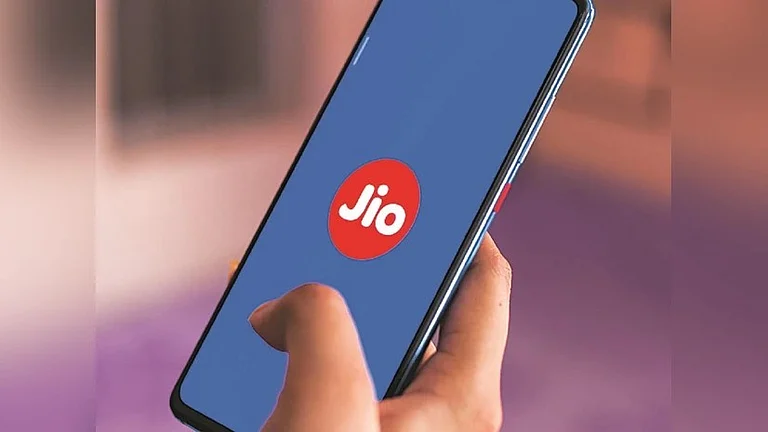
Airtel has discontinued its popular ₹249 plan, pushing users towards higher-value recharges.
The move aligns with Jio’s recent withdrawal of entry-level packs, reducing scope for price-sensitive downgrades.
Jefferies sees ARPU rising 4–8% as usage inches higher, choosing Bharti Airtel the sector’s preferred pick with a ₹2,500/share target.
Following Reliance Jio’s quiet withdrawal of its cheapest entry-level prepaid plan a day ago, Bharti Airtel has also scrapped its popular ₹249 recharge pack, a move that marks another step towards tariff parity in India’s telecom sector.
Shares of Reliance Industries had reacted positively to Jio's plan discontinuation in the last session, nudging it up 2%. In today's session, that spotlight shifted to Bharti Airtel, with strong buying interest pushing shares of the telecom operator up 2%.
According to details on Airtel’s official app and website, the ₹249 plan was discontinued from August 20. The pack had been a go-to option for millions of users, offering 1GB of daily data, unlimited calls (local, STD and roaming), and 100 SMS a day with a validity of 24 days. Its appeal lay in providing short-term flexibility at a relatively affordable price, making it one of Airtel’s most widely used recharge options.
By phasing it out without announcing a direct replacement, Airtel is prompting subscribers towards costlier plans with longer validity or higher data allocation. Analysts say the move reflects a broader strategy within the industry to discourage customers from trading down to entry-level packs. Instead, operators are keen to push users into higher-value recharges that can lift average revenue per user (ARPU), a key metric for the telcos.
In response to the update, brokerage firm Jefferies, highlighted that tariff tweaks by Jio and Airtel are designed to encourage heavier data consumption. By nudging customers from 1.5GB to 2GB daily usage, ARPU could rise by 4–8% in a revenue-neutral way, the firm estimated.
Jefferies sees the development as a positive signal for subscriber monetisation and has reiterated Bharti Airtel as its preferred pick in the sector, with a target price of ₹2,500 a share.
For consumers, however, the shift may mean fewer affordable short-term options, especially for those who relied on the ₹249 plan for budget-friendly connectivity. For the industry, it points to a more aligned tariff structure across operators, reducing the incentive for price-sensitive users to switch providers.

































